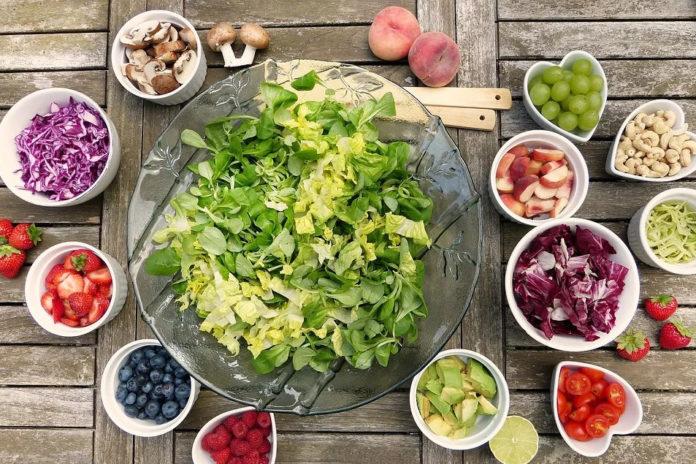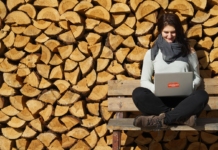
If today we comment on the causes of rising food prices in stores, which is a result of many different factors, we must acknowledge that without a change in human activities affecting the environment, it is inevitable that tomorrow we will have to discuss a shortage of raw materials and resources on a global scale. The time has come for us to change our habits as consumers in order to help nature remain within the limits that will ensure resource availability for future generations.
This thesis was shared by founder of the online platform „We, the Consumers“, Gabriela Rumenova.
„It is no coincidence that the motto chosen by the Consumers International for this year’s celebration of Consumer Day is: ‘A Fair Transition to a Sustainable Lifestyle’. Behind this message is the idea of how we can consume in such a way that we have what is vital for us and ensure access to it for everyone,“, Rumenova noted.
„We can refer to a report published half a year ago with the results of the first scientific work that quantifies safe and equitable consumption limits by 2050 in which humanity can continue to have access to the necessary amounts of food, water, energy, housing and transport without destabilizing the Earth’s systems,“, she recalled.
The study was conducted by 60 independent scientists from around the world, who believe that humanity’s future is at risk due to pressure from a wealthy minority of so-called ultra-consumers. The data from the study shows that the wealthiest 10% of the global population consume as much energy as the poorest 80% and are responsible for more emissions than the remaining 90%.
At the same time, between 23% and 62% of the global population lack adequate access to resources to meet basic needs. The paradox is that the poor contribute the least to climate change, yet they are much more affected by its consequences (loss of biodiversity, pollution, and water scarcity, among others).
„The active role in the necessary change lies with the consumers, because the task of retailers is to sell as many goods as possible at the highest possible price. Our interest as consumers, however, is not to give in to the temptation of impulse purchases and to manage to limit ourselves to what is necessary. This does not mean we have to deprive ourselves,“, Rumenova further noted.
She cited data showing that on average 60 million tons of food are wasted annually in the EU, or about 130 kilograms per person, with 54% of this waste coming from households. Bulgaria is also part of this statistic, with the average amount of food wasted per person annually exceeding 90 kg.
Gabriela Rumenova summarized that among the factors driving up food prices are seasonality and the global increase in raw material prices due to climate change.
„There is seasonality in raw materials, and if some products become cheaper in a few months, it is most likely not due to government-imposed measures, but because production has increased during that period. Furthermore, raw materials are becoming more expensive globally, and we need to ask ourselves how human activity is affecting the environment, because this directly relates to the harvest,“, she concluded.
Considering a rise for maternity and an earlier return to work?






